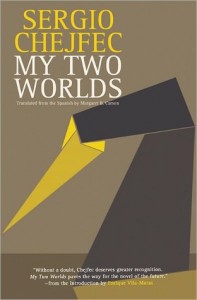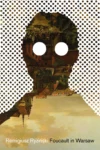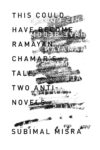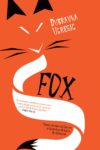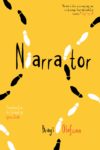[Open Letter; 2011]
by David Backer
The main character of Sergio Chejfec’s third novel, we assume, is himself: a South American man leaving a literary conference and taking a walk. He’s just published a novel. It’s almost his fiftieth birthday. His writing is getting bad reviews. He’s getting lost in a strange city on purpose, without purpose, and writing about it.
Nothing happens to this guy. As soon as something does happen, a woman approaches him, a noise rustles in a bush, it dissolves into a confused analysis, a series of realizations. By the time the realizations subside the main character ends up where he started: nowhere. In short, he seems overepiphanated. This is a condition that’s like being over-caffeinated except instead of coffee, the substance abused—which must boil down to some kind of chemical in the brain—is transcendence. Some symptoms of over epiphanation include:
“feeling unequal to any kind of enthusiasm: incapable of believing almost anything, or frankly, in anything at all; disappointed beforehand by politics; skeptical of youth culture despite being, at the time, young; an idle spectator at the collective race for money and so-called material success; suspicious of the benevolence of charity and self-improvement; oblivious of the benefits of procreation and the possibilities of biological continuity; oblivious as well of the idea of following sports or any variety of spectacle; unable to work up enthusiasm for any impracticable profession or scientific vocation; inept at arts or at crafts, at physical or manual labor, also intellectual; to sum up, useless for work in general; unfit for dreaming; with no belief in any religious alternative while longing to be initiated into that realm; too shy or incompetent for an enthusiastic sex life …”
Etc. Now imagine reading a novel about a guy like this taking a walk. (Cue eye roll.) I hear what Enrique Vila-Matas is saying in his laudatory introduction when he praises this book as a revolt against what Proust calls the cinematographic parade of things, how this careful line between narration and essayistic thought where nothing happens portends the novel of the future. And I imagine that the Spanish version, translated by Margaret B. Carson, might be intriguing because the style is so spare and flat that it intelligently belies the spirit of that language. But English is something else, and this book was annoying.
Yet something about it haunts me. I was reading a Foucaultian analysis of modern philosophy and spirituality recently (as any postmodern, overepiphanated person might) and I found the following passage: “spirituality … postulates that for the subject to have right of access to the truth he must be changed, transformed, shifted, and become, to some extent and up to a certain point, other than himself.” I wrote in the margins, “Chejfec is making fun of this. Of us.”
This made Chejfec’s book way more interesting to me: we have a tradition of thought and narrative that tells us we need to be freed from the mundane to arrive at meaningful experience. This is modern spirituality at its best. To truly be alive we have to leave behind the vulgar, everyday stuff of life and transfigure ourselves somehow, have a transcendant experience and become something other than we already are. The transcendental, we’re told, is the truth—and the truth sets us free. Chejfec’s book is annoying, definitely. Nothing happens to this overepiphanated writer. He’s just walking around, thinking somewhat esoterically. But what if this annoying character is a demonstration of how—deep down—freedom, truth, and everything modernity promised us from transcendental experience is what’s annoying? What if the result of a life lived in epiphany really just amounts to alienation from anything genuinely exciting or alive? From life itself? In this light, Chejfec’s My Two Worlds is a brilliantly crafted delineation between the living (existing) and the annoying (thinking about existing).
Of course, if you’re a fan of interesting stuff happening, don’t waste your time. But if you’re someone who gets the feeling sometimes that writing, reading, and transcendental experience might be a sham, this book is for you.
This post may contain affiliate links.



